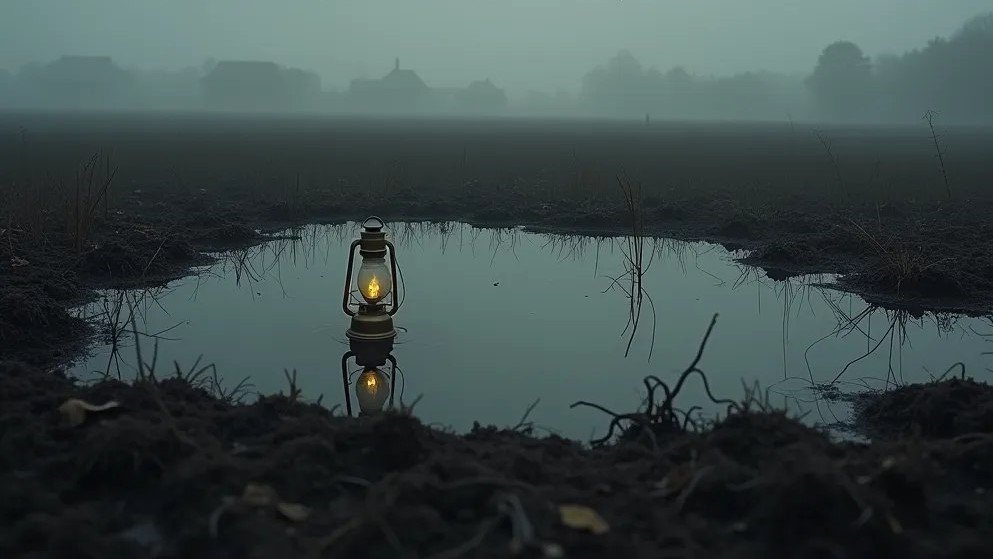Maria Bregman’s review of “Anonymous Letters” appeared in Cosmopolitan Bulgaria yesterday, and I’m struck by how this international platform illuminates aspects of the work I hadn’t fully considered. She calls it “a descent into the British mists”—a phrase that captures something essential about Anna’s journey to Dorimor while viewing it through distinctly continental eyes.
Maria Bregman identifies the bog as more than setting, recognizing how physical landscape becomes psychological terrain. What fascinates me is Maria’s clarity about English village dynamics from an international perspective—she sees the deliberate ambiguity I struggled with, that boundary between external mystery and internal projection driving Anna deeper into uncertainty.
Maria’s critique has edges. She notes the “overly didactic” voice in some letters, moments where pacing falters. Valid observations from someone reading across linguistic and cultural boundaries. But Maria also grasps what I hoped international readers would discover: that atmosphere where folklore bleeds into reality, where English villages reveal their secretive nature beneath surface politeness.
The review lingers on questions of reliability, whether Anna’s perception crumbles alongside her certainties. This is precisely the territory I wanted to explore—how desperate hunger for meaning reshapes what we see, how the stories we construct become indistinguishable from truth.
Having the review appear in Cosmopolitan Bulgaria feels like validation of literature’s border-crossing potential—the work reaching readers beyond its immediate cultural context. Maria understands the architecture even when I’m not entirely sure I planned it that way.
“The critic has to educate the public; the artist has to educate the critic.” (Oscar Wilde’s words capture the strange dance between writer and reviewer)
— Writer Anastasia Dubinina
